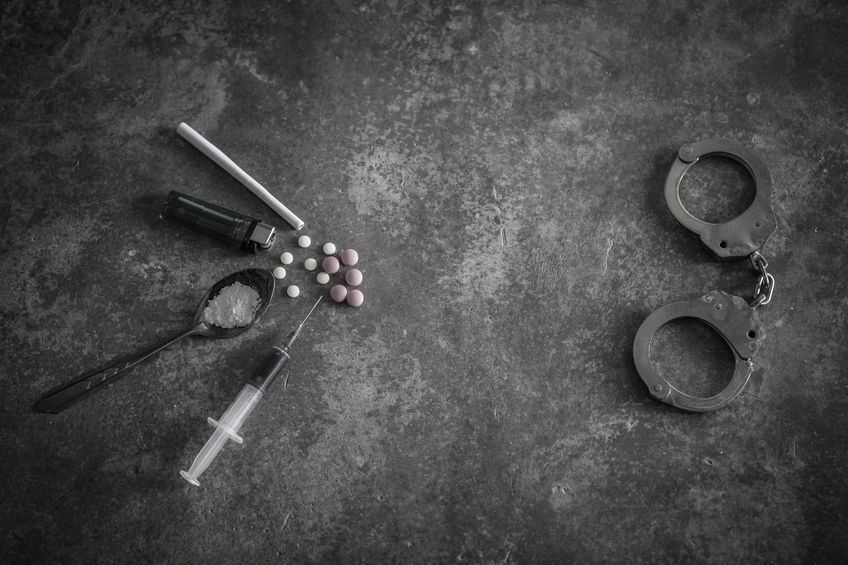North Carolina Drug Paraphernalia Laws
Possessing drug paraphernalia in North Carolina is a serious offense that can carry harsh penalties for those who are convicted. Even the most innocent household items can result in a drug paraphernalia charge depending on the circumstances they’re found under.
Fortunately, for someone to be charged with possession of drug paraphernalia, the prosecution must provide proof beyond a reasonable doubt, meaning an experienced drug lawyer may be able to argue in favor of acquittal or dismissal.
What is Drug Paraphernalia?
Paraphernalia is any item used to perform a specific activity. An item can be defined as paraphernalia if it’s being used for the following activities as they relate to illegal drugs:
- Production
- Consumption
- Processing
- Growing
- Planting
- Storage
- Concealment
- Inhalation
- Digestion
In North Carolina, paraphernalia may include, but is not limited to:
- Glass pipes
- Bongs
- Scales
- Vials
- Baggies
- Grinders
- Rolling papers
- Needles
- Spoons
- Growing “kits”
How Is Possession of Paraphernalia a Crime?
Many of the things that can be considered paraphernalia are common household items. So how is it they can get you in trouble? When it comes to drug paraphernalia charges, it’s all about the context. It’s not illegal to own a spoon or plastic baggies and diabetics can’t be arrested for their insulin needles. The issues arise when these items are found in the proximity of an illicit drug. In this situation, law enforcement is going to assume that these items are being used in conjunction with the drugs and will most likely arrest the person who possesses them.
Penalties for Drug Paraphernalia Possession in North Carolina
North Carolina puts paraphernalia into two categories: drug paraphernalia and marijuana paraphernalia.
Possession of marijuana paraphernalia is categorized as a Class 3 misdemeanor, which is punishable by a maximum of 20 days in jail. Someone convicted of possession of marijuana paraphernalia may also be required to pay a small fine, the amount of which is up to the court’s discretion.
If the items possessed aren’t related to marijuana, the individual in question will be charged with possession of drug paraphernalia. This charge carries harsher consequences, as it is categorized as a Class 1 misdemeanor, and is punishable by up to 120 days in jail and a fine of up to $200. Additionally, those convicted of possession of drug paraphernalia may be required to attend substance abuse classes, perform community service, and/or submit to random drug testing.
Contact an Experienced Drug Lawyer If you or a loved one have been accused of possession of marijuana or drug paraphernalia, you need to contact an attorney as soon as possible. The team at Mulligan Attorneys can help guide you through this process and fight for your rights. Contact our team today to schedule a free consultation or call us at 910-763-1100.
*Our clients should message us through their secure client portal for faster communication. Access your client portal using the Client Portal Login button above. You must set up your access using the invitation email you received from our office. If you need another copy of the client portal setup email, please send the request to info@mulliganattorneys.com.
Mulligan Attorneys, PLLC




